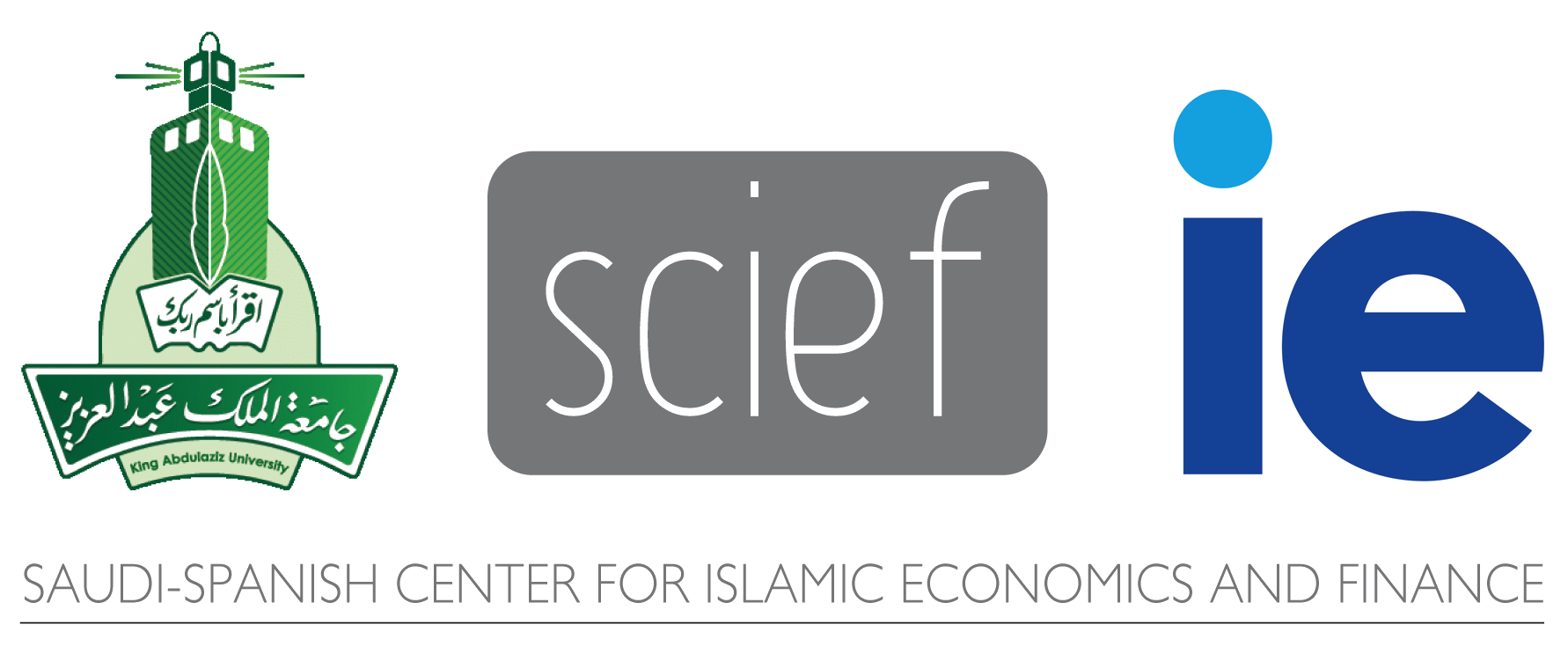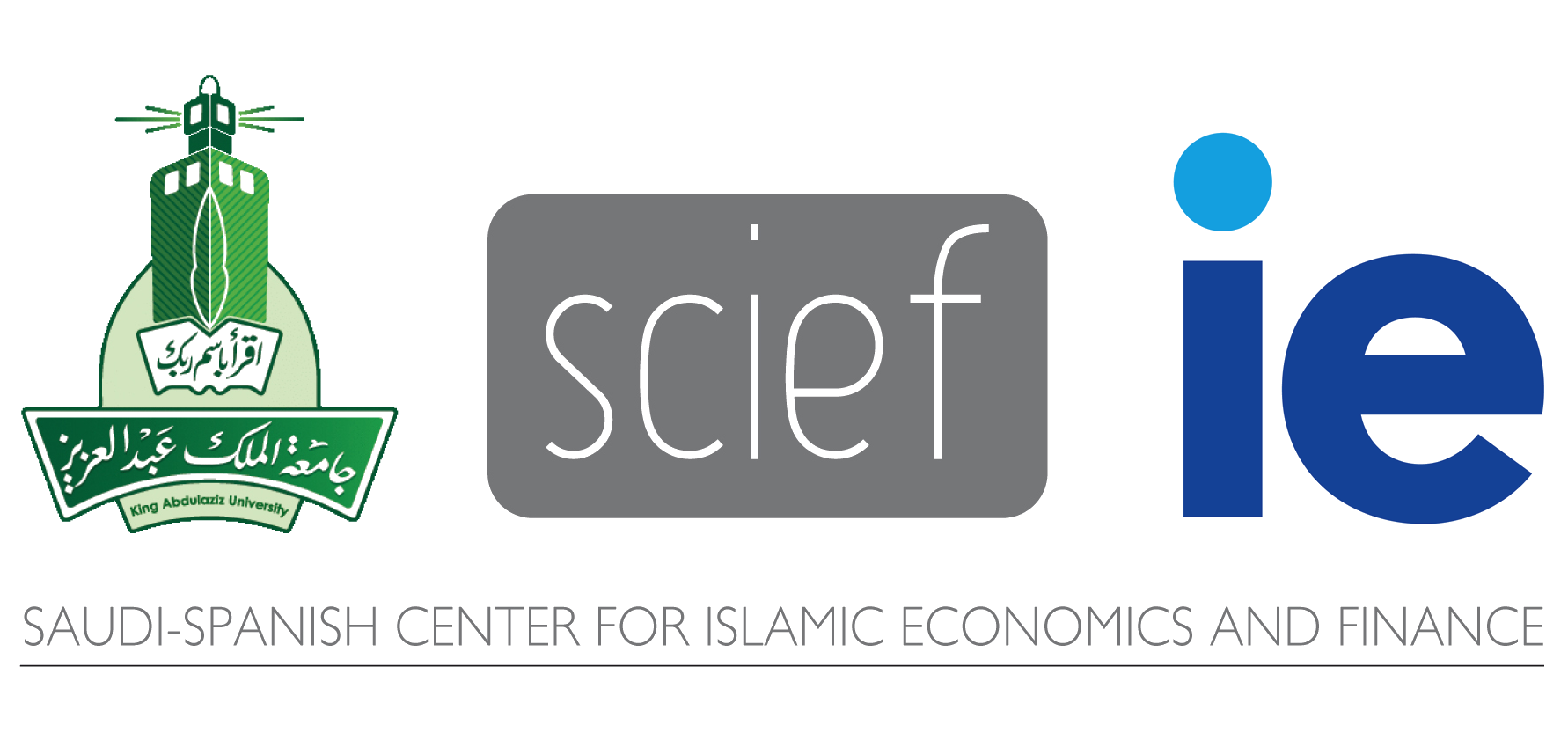Background
To make a draw of the history of Islamic finance we should go back to the 2nd century, when the Arabic area was passed by traders in from China to Europe. This route was known as “silk route”. During that period, the trade was flourishing across the Arabian Peninsula and the residents were very much dependent to the flow of trade in the region.
The birth of Islam has changed the face of economic activity. One of the main changes was the prohibition of Interest that is seen as a form of usury, changes the methodology of people in that region. This prohibition is clearly stated in the Quran, the holy book of Muslims, in chapter 3 verse 130 and in chapter 2 verse 275.
Development of Islamic Finance
During the Islamic Golden Age, early forms of proto-capitalism and free markets were present in the Caliphate, where an early market economy and an early form of mercantilism were developed between the 8th-12th centuries
A number of innovative concepts and techniques were applied in early Islamic banking, including bills of exchange, the first forms of partnership (mufawada) such as limited partnerships (mudaraba), and the earliest forms of capital (al-mal), capital accumulation, cheques, promissory notes, trusts, start up companies, transactional accounts. Organizational enterprises similar to corporations independent from the state also existed in the medieval Islamic world, while the agency institution was also introduced during that time.
Modern Society and first investments in the Islamic Finance
The first modern experiment with Islamic banking was undertaken in Egypt under cover without projecting an Islamic image—for fear of being seen as a manifestation of Islamic fundamentalism that was anathema to the political regime. The pioneering effort, led by Ahmad Elnaggar, took the form of a savings bank based on profit-sharing in the Egyptian town of Mit Ghamr in 1963. This experiment lasted until 1967 (Ready 1981), by which time there were nine such banks in the country.
In the modern society, Dubai Islamic Bank is the first Islamic bank to be established, in 1975. However, United Bank of Kuwait is the first traditional bank to introduce financial products in compliance with sharia law, in 1997. HSBC emerged as the first UK lender to offer house mortgages in compliance with sharia law. This begins their world-wide sharia division of HSBC Amanah. Apart from HSBC stories, General Electric has issued a $500Mn Sukuk in the early 2010 . This means that in the future, the global market and the liquidity for Sharia-compliant financial product would significantly improve.
The Interest Free Framework
Islamic financial services are based on tenets of Sharia (Islamic law). The most significant of these are the prohibition of Riba (increase) which bans interest from Islamic transactions, Gharar (uncertainty, risk, speculation) and Haram (religiously prohibited), activities not permitted under Islam such as business related to gambling, pork, alcohol or pornography.
By investing under Islamic law counterparts are encouraged to share the risk and uncertainty of the , so that either capital provider or user was liable for the business profits and losses. Therefore ownership of the physical good or service is the key element in structuring Islamic transactions. That mainly involves trading and leasing of tangible assets for a profit, or setting-up financing partnerships that share both risks and rewards in a venture.
The Misconceptions and the Facts about Islamic Finance
| Misconceptions | Truth |
| Because it’s based on religious activities, it’s not profitable or should not making profit. | On the contrary, the Muslim society doesn’t prohibit profit when making economic activities. As a matter of fact, the Prophet and the Caliph were traders and they were good traders. |
| The Muslim investors could not invest in company owned by non-Muslims and vice versa. | Muslims investors could not invest in certain type of industries e.g. Industries that’s related to Pork, Alcohol, and Gambling. Other than that, Muslim Investors could invest in companies, either as a sharia-compliant debt holder or invest directly in the equity of the company even though it is owned by people other than Muslims. This is also true for non-Muslim investor who wants to invest in a Sharia-compliant company. |
| The Islamic Bonds, or better known as sukuk, is a risky investment. | As a matter of fact in sharia-compliant debt structure there is no embedded derivative e.g. CDO. Hence, making the debt is more transparent in terms of ownership. This also prevents the economic meltdown which caused by the lack of transparency of such credit derivatives. |
| The Sharia-compliant Banks are only regulated by Sharia Law. | The truth is that the Islamic Banks was also regulated by local authorities. The sharia was the concept of how they are going to make business. |

